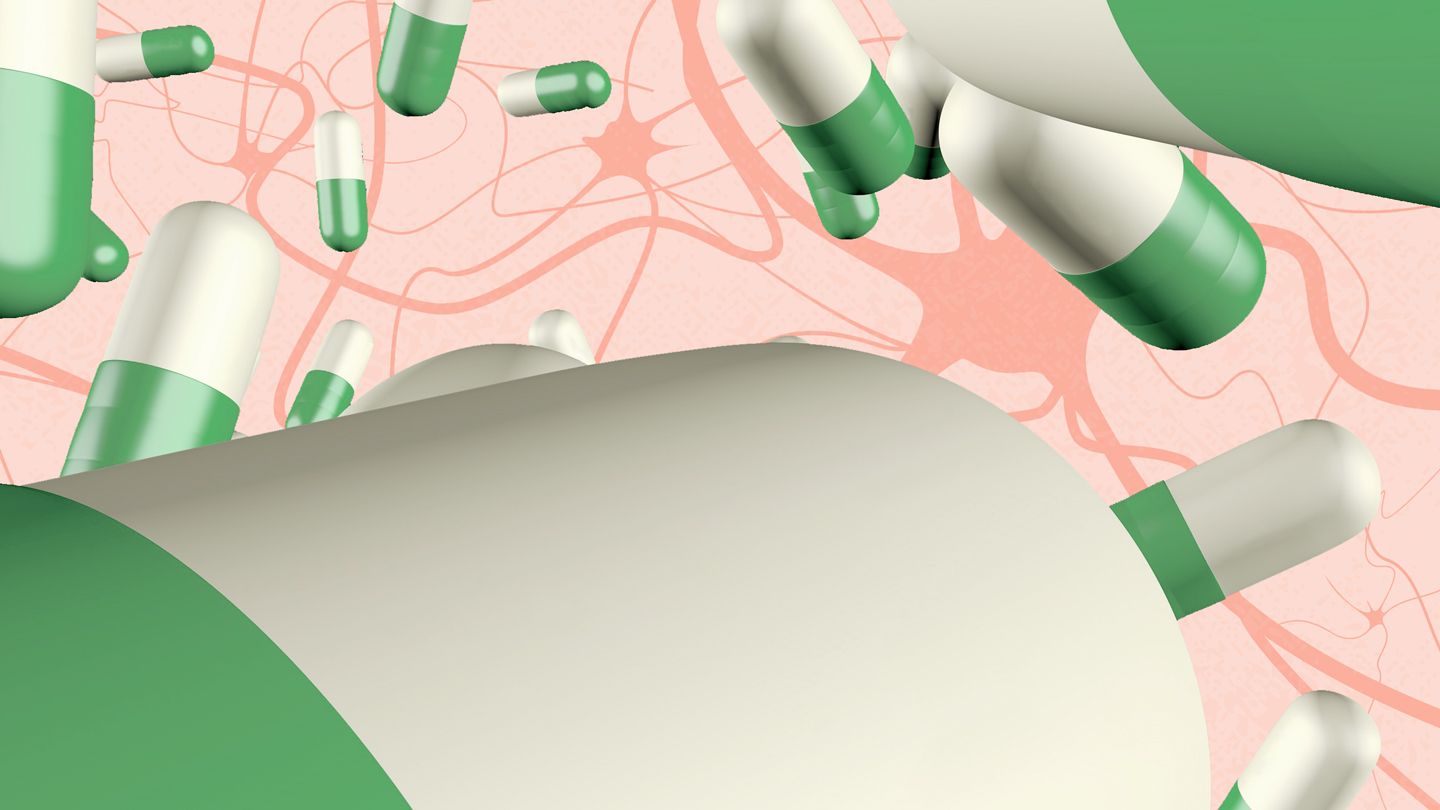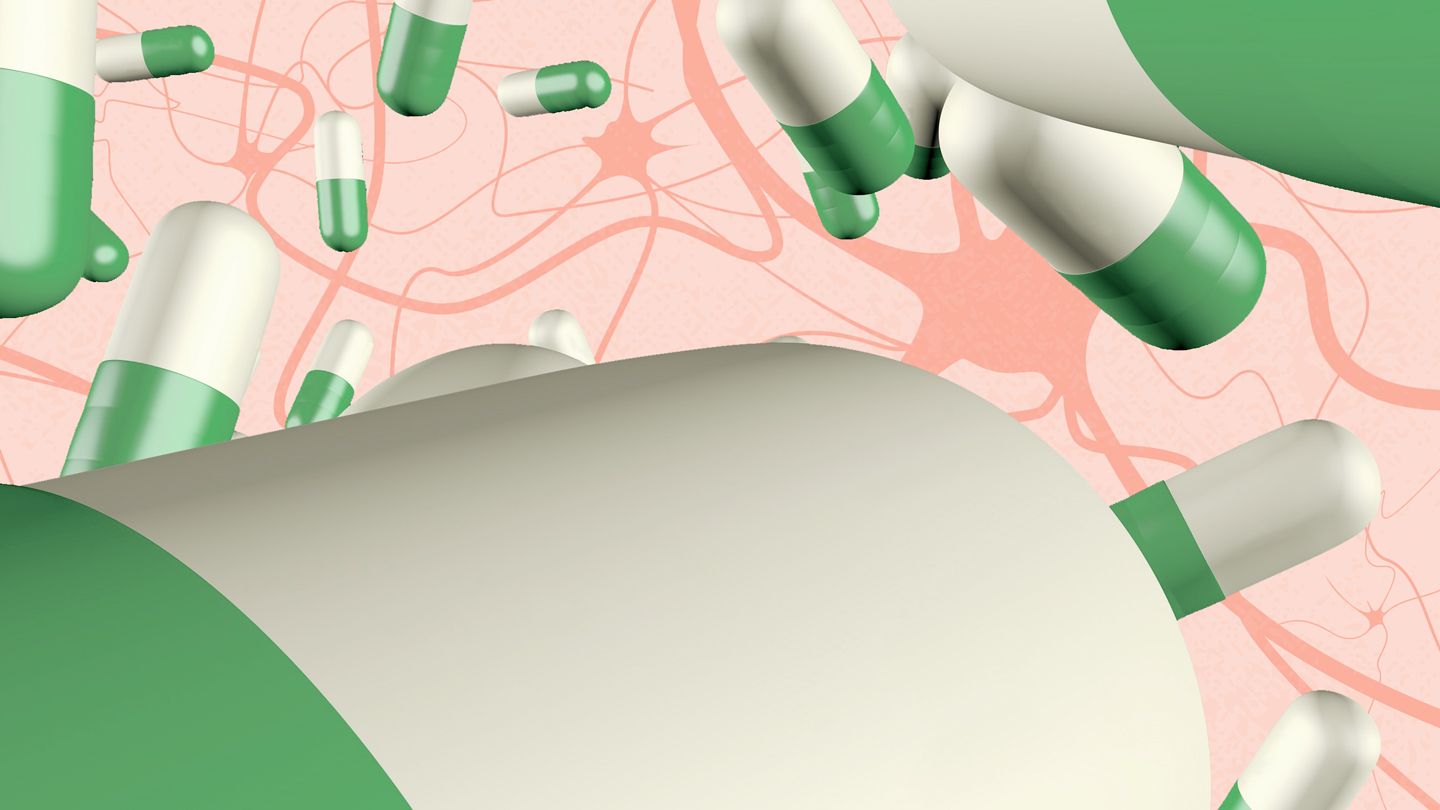Understanding Weight Changes During Times of Grief
Losing a spouse or loved one can be deeply devastating. During the mourning period, many widows and widowers experience unintended physical effects like weight fluctuation. But why does grief often lead to weight gain or loss?
The Emotional Toll of Bereavement
The death of a husband triggers intense emotions like sadness, anger, loneliness, or helplessness. Coping with these feelings consumes an enormous amount of mental and physical energy.
Appetite signals in the brain become distorted, making it difficult for a new widow to maintain eating patterns. Unintentional weight gain or loss of over 5% body weight during the first 6 months of bereavement is common.
Biological Changes and Weight Gain
In addition to emotional factors, biological changes influence weight variation after a spouse's death. Research shows that loss of a partner can slow metabolism, alter gut health, and change hormone levels.
Stress hormones like cortisol increase while reproductive hormones like estrogen decline rapidly. These shifts slow calorie burning while promoting fat storage around the abdomen.
The combination of fatigue, reduced activity, and biological changes makes weight gain more likely in the grieving period.
Why Can Grief Also Lead to Weight Loss?
While many widows and widowers gain "bereavement pounds", others lose a significant amount of weight. Appetite loss and intestinal distress are also common reactions to extreme grief.
Those experiencing appetite loss report feeling too overwhelmed by sorrow and exhaustion to eat properly. Preparing meals may seem impossible or eating alone can underscore loneliness. Nausea, digestion issues, or food aversion are also common.
If inadequate calorie intake lasts for weeks or months, measurable weight loss occurs. Health risks arise if too much weight is shed, underscoring the need for awareness and support.
Coping with Grief-Related Weight Changes
Grieving the loss of a cherished partner while coping with body changes is profoundly difficult. But utilizing coping strategies and external support can help widows and widowers regain control of health and wellbeing.
Understanding Normal vs. Problematic Weight Fluctuation
Mild weight fluctuations are expected during bereavement. Losing or gaining under 10% of total body weight is usually temporary and stabilizes after profound grief subsides.
However, shedding over 10% of weight or gaining over 20% indicates more serious issues. At this point, medical care and therapeutic support are needed to improve mental health, reverse biological disruption, and prevent chronic improper weight.
Tapping Social Support to Heal
Isolation and loneliness after spousal loss directly enable poor appetite and eating habits. Combat this by actively reaching out to empathetic friends, family members, grief support groups, and mental health counselors.
Verbalizing sorrow with others releases pent-up negativity so you can better care for physical and emotional needs. Support teams can also provide meal assistance, grocery deliveries, or company during meals.
Slowly Increasing Physical Activity
Stress and inactivity promote weight gain, so cautiously boosting movement supports healing. Start with short, gentle walks or stationary cycling for 10-15 minutes daily. Yoga, pilates, strength training, or cardio exercise can be added later if desired.
Moving the body even mildly helps relieve depressive symptoms, rebuild lost muscle, spark appetite, and begin normalizing metabolic function for more balanced weight.
Journaling to Process Emotions
Unsettled negative emotions like anger, fear, regret, and desolation often underlie appetite changes after losing a husband. Journaling allows safe expression of these intense feelings over time.
Recording thoughts and emotions related to grief brings awareness to destructive thinking patterns blocking self-care. This mental clarity permits consciously making better dietary and lifestyle choices.
Creating a Framework for Healing
The crushing pain of losing a life partner can seem endless, but creating structure around eating and self-care prevents long-term suffering. Consider these strategies for anchoring into a framework for healing.
Eat on a Schedule
Bereavement ruins normal eating routines, resulting in skipped, sporadic, or emotionally-driven meals. To control this, consciously eat sit-down meals every 4 hours through the day, even when not hungry.
Timing food intake stabilizes blood sugar, sustains energy for coping, prevents mindless snacking, and kickstarts metabolism back into a consistent rhythm.
Sleep is Key
Deep restorative sleep often escapes new widows and widowers due to anxious thoughts or missing the warmth of a partner's body. But regularly getting 7-9 hours nightly regulates stress hormones, sharpens thinking, and prevents overeating.
Ensure rooms are extremely dark, keep devices away from the bed, avoid caffeine after 2 pm, and establish an evening ritual to set sleep success.
Purposeful Movement
Walking, stretching, gardening or household chores count toward daily movement goals, but more vigorous sweat-inducing exercise provides superior emotional and physical release.
Schedule specific workout blocks 3-5 days weekly. Social exercise classes add companionship while losing oneself mentally and physically in movement is profoundly cathartic.
Professional Support
If appetite issues, digestive problems, rapid weight changes, or depression persist beyond 6 months post-loss, seek medical and mental health support. Physicians can check for underlying conditions blocking healing.
Bereavement counselors teach coping techniques to release complicated grief. With time and support, hope eventually replaces some sorrow, aiding the gradual return to more balanced self-care.
When to Seek Medical Care
As widows or widowers process grief while attempting self-care, monitoring weight and appetite changes is wise. If you experience any of the following, seek medical support:
- Gain or lose over 10% body weight
- Clothing size increases or decreases by two sizes
- Digestive issues lasting over 2 weeks
- Total loss of appetite beyond 1 month
- Food restriction under 800 calories daily
- Constant fatigue, weakness, or dizziness
- Suicidal thoughts
See a physician, dietitian nutritionist, or mental health professional right away if any concerning symptoms emerge. With help, underlying issues can be diagnosed and healing interventions implemented for feeling emotionally and physically stronger.
FAQs
Is weight gain after husband's death normal?
Yes, modest weight gain is common within the first year after a husband's death due to biological shifts in hormones, metabolism, and gut health, combined with exhaustion and emotional eating. However, gaining over 20% body weight requires medical attention.
How much weight loss is concerning after becoming a widow?
Mild fluctuations are expected, but shedding over 10% of body weight signals the need for medical oversight and mental health support. Significant weight loss usually results from extreme stress and appetite loss requiring intervention.
When to seek help for appetite issues after spousal loss?
It's normal to experience temporary appetite changes due to bereavement. But if appetite or digestion issues persist to the point of rapid weight gain or loss lasting over 1 month, seek medical advice to rule out underlying illness.
What helps regulate weight changes after a husband's death?
Strategies to counter grief-related weight fluctuations include eating regularly scheduled meals, journaling emotions, gradually increasing physical activity, sleeping 7-9 hours nightly, and asking friends or family for nutrition support and company during meals.
Disclaimer: This article is for informational purposes only and does not constitute medical advice. Always consult with a healthcare professional before starting any new treatment regimen.
Related Coverage
If you're experiencing side effects from antidepressants like headaches or insomnia, learn strategies to manage symptoms by tracking them and talking to your doctor....
If you’re experiencing severe side effects from your antidepressant dosage, it may be too high. Learn how to recognize symptoms and slowly taper your medication....
Learn about the serotonin-related interactions between Vyvanse and Prozac and the potential for developing dangerous serotonin syndrome from medication overdoses....
Alone and along are commonly confused homophones. Learn how to use them correctly based on definitions, parts of speech, and sentence positions....
Current data on depression rate by race, why numbers differ, and simple steps for individuals and communities to find help....
Learn about the rare yet dangerous serotonin syndrome and its potential link to weed use. Understand the causes, symptoms, diagnosis, treatment, and prevention of serotonin toxicity....
Do UTIs lead to weight gain or loss? Get the facts on how UTIs affect weight, tips to minimize changes, when to see a doctor, and how to prevent recurrent infections....
Light therapy for depression offers a natural, effective way to combat seasonal mood changes and boost energy levels....
Living alone raises depression risk for some. Learn signs your mental health is suffering and get 5 tips to combat isolation when living solo, like joining groups....
Establishing a daily exercise routine has immense health benefits. Here are 7 of the top workouts to add to your everyday regimen for improved fitness and mood....








